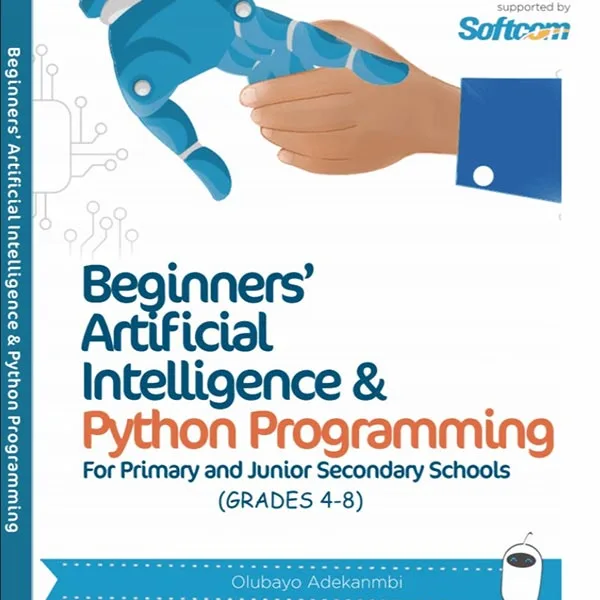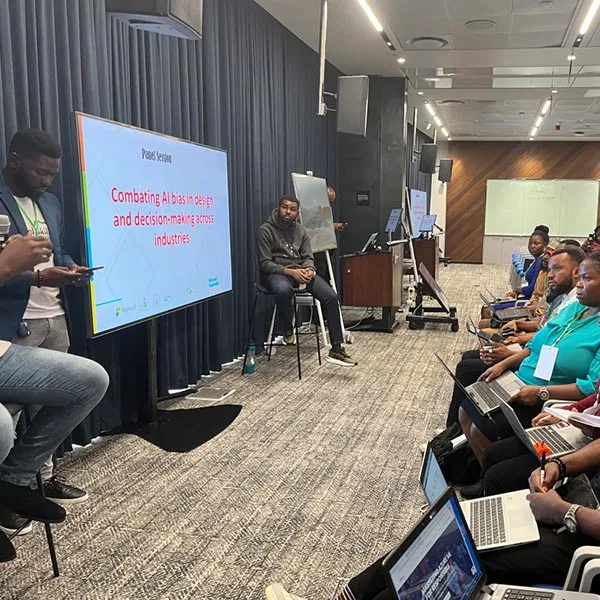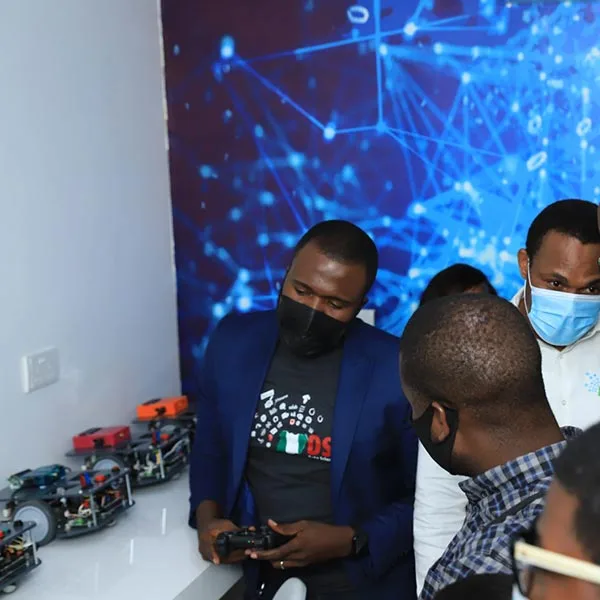Our Products
FinTech⇁
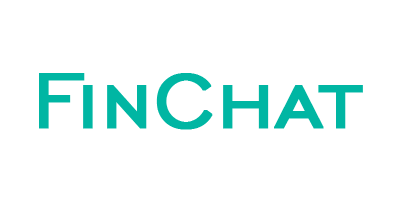
EdTech⇁
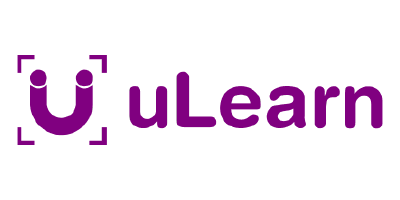
uLearn is an AI-powered augmented learning platform that delivers interactive and personalised learning to Primary and Secondary school students, helping them achieve improved academic performances.
RetailTech⇁

EdTech⇁
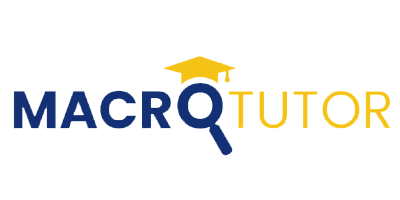
HealthTech⇁
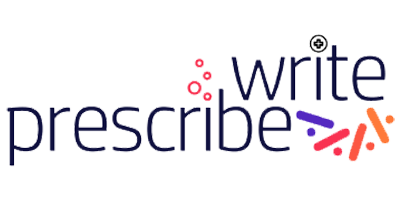
EdTech⇁

FinTech⇁

CareerTech⇁

CV Ranker is used to rank the best CVs that match a given job description. A job description for a particular role is uploaded. Then, one or more CVs are also uploaded. The result is a ranking in descending order of how the various CVs match.
Our Projects, Products and Services
Eko360 – Lagos State Data Management and Analytics Platform

Read More
Mastercard Foundation-
AI-enabled Adaptive Learning for Inclusive Education for 8 million learners

Read More
This AI-enabled adaptive learning solution has proven particularly transformative during school closures, ensuring continuity of education for millions of underserved learners. The addition of a USSD-based learning and quiz platform has further extended its reach to rural areas with minimal connectivity, demonstrating the solution’s commitment to inclusion and scale.
Awards
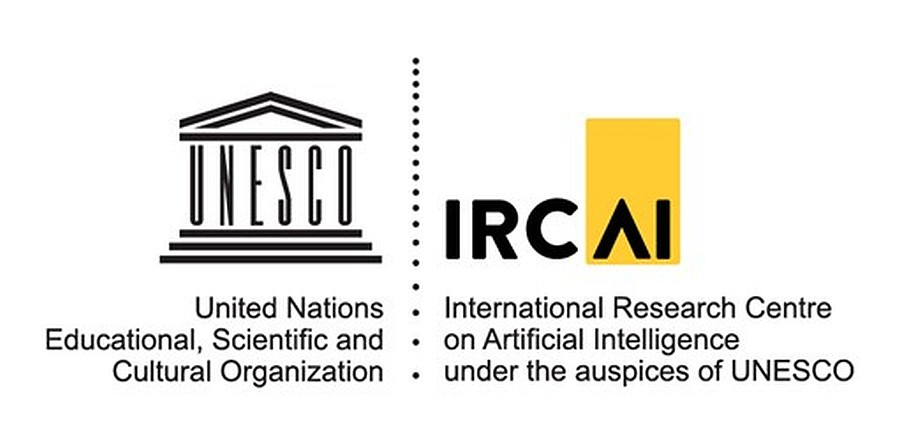
SpotOn – Realtime Geospatial Addressing Generation System

Read More
Beyond addressing and identification, SpotOn extends its functionality into a robust economic empowerment platform. It links each phone-number-based address to a unique digital wallet and a micro-marketplace, enabling users to transact, showcase products and services, and gain visibility in the digital economy. This integration empowers informal vendors, rural entrepreneurs, and gig workers to participate in digital trade, access financial services, and connect with customers without needing physical infrastructure or formal registration.
SpotOn also serves as a powerful tool for collecting and managing geo-referenced datasets, supporting multimodal data capture that can inform planning, service delivery, and policy development. This feature makes it valuable not only for individual users but also for development organizations, local governments, and digital infrastructure initiatives looking to gather hyperlocal data in underrepresented communities.
By combining geospatial intelligence, digital identity, commerce, and financial inclusion in one scalable platform, SpotOn provides an innovative solution to systemic barriers that prevent millions from fully participating in the formal economy. It redefines how location, identity, and opportunity intersect—transforming something as simple as a phone number into a gateway for growth, visibility, and inclusion in the digital age.
The application has been applied to digitalize over 400 registered Patent Proprietary Medicine Vendors (PPMVs) across Katsina, Kaduna and Akwa Ibom states to support the easy identification of local health service providers with ease and speed.
Awards
This product was a finalist at the CISCO Global Problem Solver Challenge in 2022.
AI-powered Family Planning Chatbot
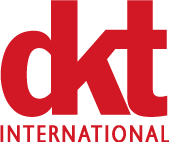
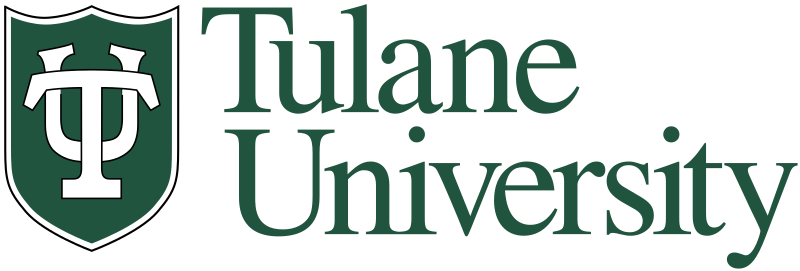
Read More
By providing a private and stigma-free space for engagement, the chatbot empowers users to explore sensitive topics such as contraception, sexual health, and reproductive choices without fear of judgment. It serves as a vital bridge to trusted information, helping to address long-standing myths and misconceptions while promoting informed, autonomous decision-making. The chatbot’s offline-first and low-bandwidth functionality further ensures accessibility for hard-to-reach and underserved populations who may lack consistent internet access or feel uncomfortable approaching traditional healthcare providers.
More than a technology solution, the chatbot is a culturally attuned companion that democratizes access to health information, strengthens public health communication, and extends the reach of family planning services to where they are most needed. Its deployment represents a bold step toward inclusive, human-centered digital health innovation that understands not only what users need but how they speak, live, and make decisions. This transformative intervention was supported by the Gates Foundation as part of ongoing efforts to advance equitable healthcare access through AI-driven solutions.

End-to-end AI-powered Analytics Platform for Universities

Read More
Its first implementation was at the Federal University of Agriculture, Abeokuta, where the platform consolidated and analyzed over a decade of historical academic data. Through AI-enabled dashboards and predictive analytics, the platform provides real-time insights into student performance, course outcomes, departmental trends, and other critical variables that influence learning outcomes and institutional effectiveness.
The solution automates the data preparation process, enabling seamless aggregation of legacy academic records and ensuring consistency and accuracy across datasets. With an intuitive dashboard interface, university administrators, department heads, and policy-makers can monitor progress, identify at-risk learners, plan targeted interventions, and manage resources more efficiently.
Designed to elevate institutional planning and quality assurance, the platform serves as a transformative tool for achieving excellence in academic delivery. It empowers universities with the tools needed to anticipate challenges, streamline operations, and foster a culture of continuous improvement. This AI-powered platform is setting a new standard in higher education analytics by bridging the gap between data and decision-making in Nigerian universities and beyond.
Real-time Call Centre Audio Analyzer for Actionable Decision-making


Read More
This solution is designed to provide deep insights into the quality of client engagement, the responsiveness and empathy of call center agents, and emerging concerns or misconceptions voiced by callers. It further identifies culturally specific terms and idiolectal expressions related to sexual and reproductive health, helping to close communication gaps and enabling the development of more localized and effective AI-powered chatbots. Implemented on a year-long corpus of Family Planning call center audio recordings, the Audio Analyzer supports both service optimization and AI model improvement. The system provides valuable data to inform agent training, policy adjustments, and the design of targeted interventions. It serves as a scalable method to measure and improve client-centeredness in FP services, while also contributing to the development of contextually intelligent digital health tools tailored to underserved populations

This project was funded by Gates Foundation
DiCert – Students Certificate Generation and Verification Platform
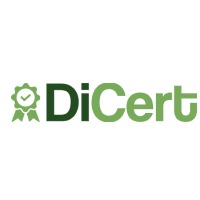
Read More
With its modular architecture and interoperability features, DiCert enables seamless integration into existing educational and administrative systems. The platform not only eliminates manual certificate handling processes but also empowers institutions to automate large-scale credential issuance with full transparency and trust. Its design aligns with global standards for digital trust, privacy, and open infrastructure, making it future-ready for both local and cross-border credential validation.
Deployed at scale in Edo State, Nigeria, DiCert has already issued over 700,000 credentials as of early 2025, successfully clearing a multiyear backlog of examination certificates dating back to 2019. The platform is now being expanded to cover termly academic results across Basic and Senior Secondary Schools, enabling continuous and real-time credentialing throughout the academic lifecycle.
What sets DiCert apart is its integration with AI capabilities that allow for contextual insight generation at the learner level, turning static credentials into rich, interpretable learning data that can guide educational interventions and performance tracking. By combining digital public infrastructure with intelligent analytics, DiCert is not just a credentialing tool—it is a catalyst for systemic reform in education administration and digital trust infrastructure.
Finchat – Personalized Financial Advisory via chat interface
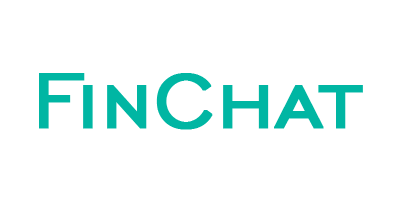
Read More
By integrating natural language processing (NLP), Optical Character Recognition (OCR), and Text-to-Speech (TTS) technologies, FinChat empowers users to understand complex financial documents, translate unfamiliar financial terminology, and receive real-time advisory support without requiring fluency in English or formal financial training. Its tailored loan advisory engine provides context-specific recommendations, enabling users to evaluate loan products, understand repayment terms, and make informed financial choices.
FinChat’s core features include the translation of financial terms and documents into Yoruba, voice-enabled interactions for low-literacy users, and personalized financial coaching—all within a private and user-friendly digital environment. These functionalities are particularly impactful in rural and low-income urban areas where access to traditional financial advisory services is limited.
The platform has demonstrated significant impact: 93% of users reported improved privacy and convenience when accessing financial information, 80% affirmed the accuracy and cultural relevance of the explanations provided, and 90% expressed increased willingness to adopt digital financial tools. By breaking down language and literacy barriers, FinChat is not only enhancing financial decision-making but also fostering greater trust in digital financial services. As a scalable solution rooted in linguistic and cultural intelligence, FinChat represents a new frontier in inclusive fintech innovation, advancing digital empowerment for populations traditionally excluded from formal financial ecosystems.
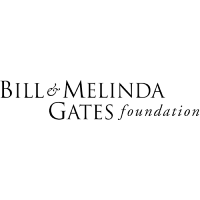
Data Fluency for Organizational Data Readiness Assessment

Read More
Through its structured and adaptive assessment modules, Data Fluency evaluates how effectively data is communicated, interpreted, and integrated into everyday decision-making processes. It provides organizations with tailored diagnostics and feedback that reveal key gaps in data literacy, information flow, and cross-functional data utilization. The platform supports the development of concrete action plans that improve enterprise-wide data fluency—enabling leadership, operational teams, and frontline staff to engage with data more confidently and responsibly.
More than just a diagnostic tool, Data Fluency is a capacity-building engine that promotes digital accountability, enhances compliance with data ethics standards, and aligns organizational culture with the principles of transparency, privacy, and informed decision-making. It supports institutions in navigating the increasingly complex landscape of digital transformation by ensuring their workforce is not only data-aware but also equipped to use data as a strategic asset.
By embedding responsible data practices into the DNA of organizations, Data Fluency contributes to long-term institutional resilience, risk mitigation, and more equitable outcomes across sectors. It is a critical enabler for any organization seeking to operationalize data ethics and unlock the full value of its information assets in a rapidly evolving digital world.
Edo State Conversational Analytics Chatbot (EdoDiDA Chatbot)

Read More
Through its intelligent design and intuitive interface, the chatbot enables users—from executive policymakers to operational staff—to ask questions, explore datasets, and receive instant, easy-to-understand answers drawn directly from MDA data repositories. This allows decision-makers to bypass traditional data bottlenecks and instead engage directly with information critical to program monitoring, policy formulation, budget planning, and service delivery oversight.
Currently deployed across over 20 MDAs in Edo State, the EdoDiDA Chatbot serves as a centralized knowledge engine, promoting evidence-based governance, accelerating response times, and increasing public sector efficiency. By making complex datasets easily accessible through natural language conversations, the chatbot supports transparency, improves institutional agility, and fosters a culture of informed decision-making within government.
EdoDiDA is more than a chatbot—it is a strategic digital governance tool that strengthens public accountability and ensures that government data works for everyone, not just data analysts. It represents a significant leap toward inclusive, responsive, and intelligent public service delivery powered by AI.
AI-Powered Health Program Intelligent Microplanning Platform

Read More
By integrating AI and natural language capabilities, the platform allows health workers to engage with complex datasets through conversational queries, eliminating the need for technical expertise or manual data navigation. Whether seeking commodity allocation guidance, immunization schedules, or intervention planning data, users can receive accurate and context-specific insights instantly, empowering them to plan and deliver health services more efficiently and effectively.
The solution has been successfully piloted in two local government areas in Kaduna State, where it was used to validate commodity procurement formulas during the state’s annual microplanning process. This pilot demonstrated the platform’s potential to improve data accuracy, support timely planning, and reduce errors in health resource allocation.
By enhancing field-level access to critical data, the AI-Powered Microplanning Platform not only improves frontline decision-making but also contributes to stronger health system responsiveness and better health outcomes. It represents a significant step toward leveraging AI to close the information gap in community health systems and optimize RMNCA-HN program execution in low-resource settings.
CV Ranker – Intelligent Candidate Matching for Smarter Recruitment

Read More
To use CV Ranker, a job description for a particular role is uploaded into the system, followed by the submission of multiple CVs or résumés from interested candidates. The tool then analyzes each CV in relation to the job description using natural language processing (NLP) and machine learning algorithms that understand context, relevance, skill matching, and domain-specific keywords. It outputs a ranked list of candidates in descending order of compatibility, showing how well each CV aligns with the requirements and expectations of the role.
By automating the initial screening stage, CV Ranker reduces the manual workload, eliminates unconscious bias, and increases the accuracy and efficiency of the hiring process. It is especially beneficial for high-volume recruitment environments or roles that attract hundreds of applications. Additionally, the system can be fine-tuned for specific industries or job families, providing a tailored recruitment intelligence engine that improves both speed and quality of hire. CV Ranker empowers organizations to identify top talent faster and more confidently, turning recruitment into a more strategic and results-driven function.
Edo State Data for Governance Platform

The Edo State Data Governance Portal is a next-generation data intelligence platform powered by advanced analytics, artificial intelligence (AI), and large language models (LLMs). It is purpose-built to enable real-time data visualization, contextual insight generation, and inclusive decision-making across the governance ecosystem of Edo State. By integrating data from ministries, departments, and agencies (MDAs), citizens, and relevant external sources, the platform facilitates a unified, evidence-based approach to public sector planning and service delivery.
Read More
At its core, the platform features a highly customized implementation of DHIS2, underpinned by a robust data architecture. This foundation is enhanced with advanced capabilities such as individual-level tracker programs to collect and manage citizen feedback, automated trigger functions that issue real-time alerts to stakeholders via SMS and email when predefined thresholds are met, and dynamic dashboards that allow MDAs to monitor, filter, and act on emerging issues at ward, local government, and state levels. The portal’s geospatial engine enables granular location tracking with high-resolution NDVI mapping, while an integrated scenario planning module supports forecasting, risk simulation, and predictive modeling.
In addition, the platform features chatbot integration, which demystifies and democratizes access to complex government datasets, empowering a broader range of users—from citizens to policymakers—to engage meaningfully with public data.
The Edo State Data Governance Portal plays a pivotal role in strengthening executive decision-making by providing timely, data-driven insights that inform inclusive policy development and strategic resource allocation. It promotes transparency through centralized data management and ensures that service delivery decisions are rooted in real needs, as identified through both citizen input and institutional data flows. By bridging the gap between government and grassroots realities, the platform enhances citizen participation and helps rebuild public trust in governance processes.
To further institutionalize a data-driven culture, the project has upskilled over 400 public service staff across Edo State in data visualization and analytics. These empowered professionals now lead insight generation within their MDAs, reinforcing the portal’s role as a catalyst for sustainable, responsive, and accountable governance.
PrescribeWrite -
AI-powered medical prescription management platform
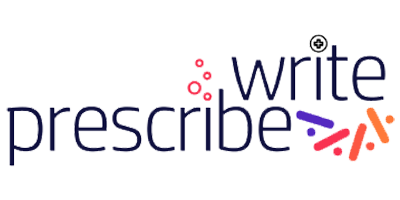
Read More
Awards

Google AI Powered program for Women in Northern Nigeria (#ArewaLadies4Tech)
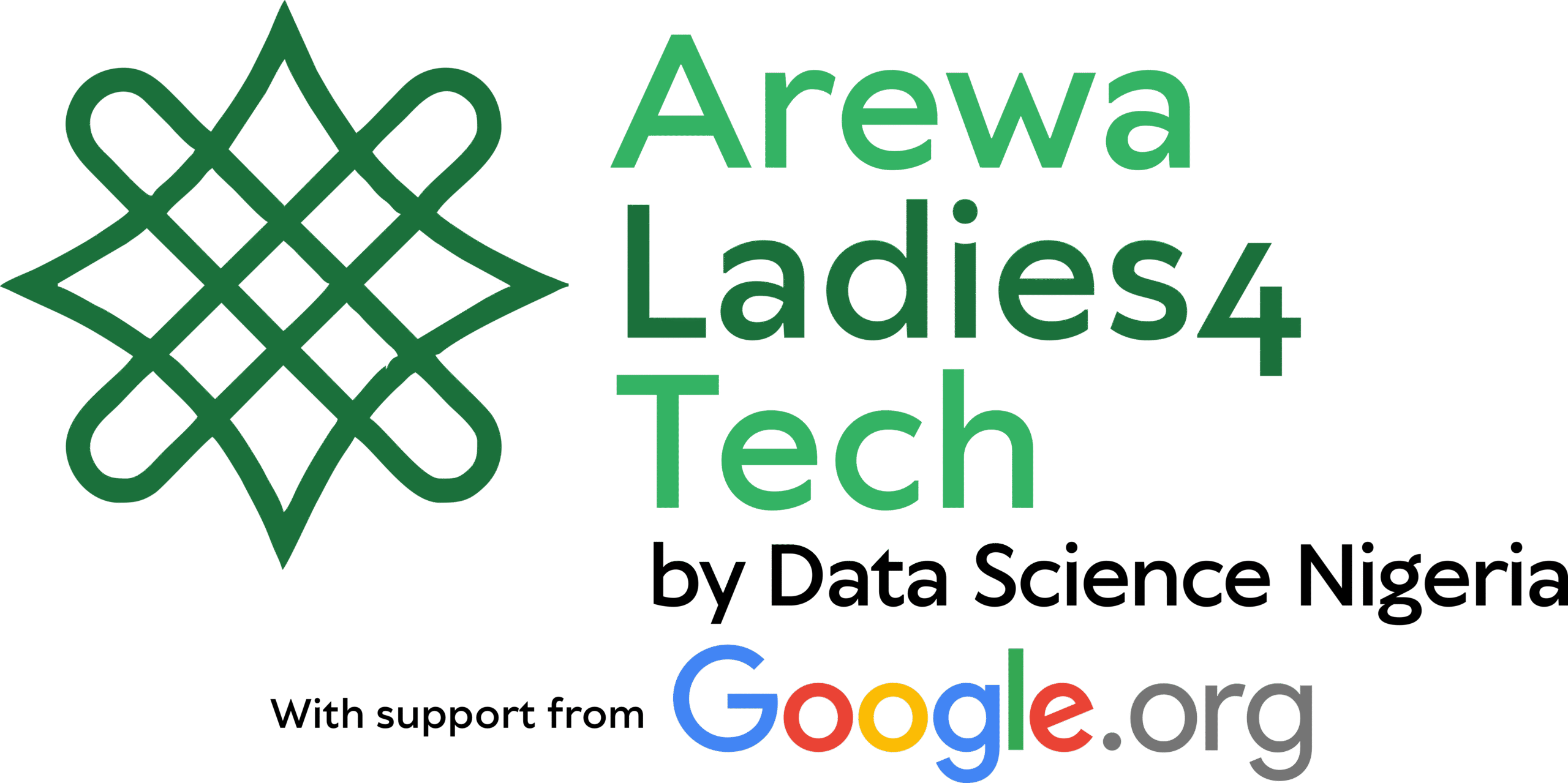
Read More
Through an intensive, hands-on curriculum and mentorship-driven learning experience, participants gain practical expertise in AI model development, data analytics, machine learning applications, and the ethical use of digital technologies. The program not only focuses on technical proficiency but also emphasizes entrepreneurial thinking, empowering participants to transform their skills into AI-enabled enterprises that respond to local and global challenges.
Hosted in Kaduna State and implemented across the Northern region, the program has successfully trained and empowered over 5,200 women and girls, surpassing its initial target. Participants have gone on to pursue careers in tech, lead AI research initiatives, and launch innovative startups—demonstrating the transformative impact of inclusive digital capacity building.
Arewa Ladies4Tech stands as a flagship model for gender-inclusive digital transformation, showing how targeted interventions can unlock the potential of women as key drivers of Africa’s AI and innovation ecosystem.
Microsoft AI Developer Program

Read More
With a focus on practical application, the program goes beyond theoretical learning to foster a new generation of AI-skilled professionals within the public workforce. Participants learn how to harness AI to automate routine processes, enhance decision-making, and improve responsiveness in key sectors such as healthcare, education, infrastructure, and security. This not only improves operational efficiency but also strengthens citizen engagement and service transparency.
Targeted to train over 200 developers across various government agencies, the Microsoft AI Developers Program is a catalyst for public sector digital transformation, enabling institutions to transition from legacy systems to smarter, more adaptive and inclusive technologies. The program also reinforces responsible AI adoption by embedding principles of ethical use, data governance, and transparency in all aspects of solution development.
By nurturing in-house AI talent within government, the initiative builds long-term institutional capacity and ensures that digital innovation is sustainable, context-aware, and aligned with the evolving needs of the citizens it serves.
NVIDIA/ Deep Learning Institute (DLI) Program

Read More
Google 3MTT /DeepTech_Ready Upskilling Programme

Read More
AI for Humanitarian in Partnership with University College London

Read More
The project strengthened the capacity of humanitarian organizations in AI adoption through tailored training programs and support. A series of AI-related scenarios was developed to address specific humanitarian challenges identified during the foundational research phase.
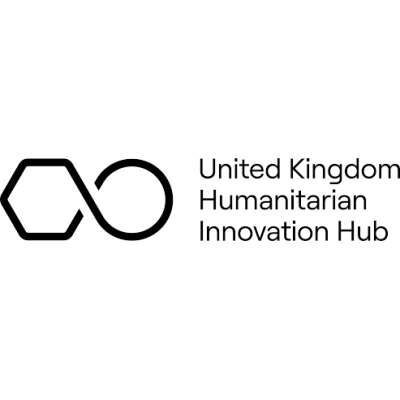

The initiative was sponsored by the UK Humanitarian Innovation Hub and Elrha’s Humanitarian Innovation Fund (HIF) in partnership with the University College London.
Meta Geospatial and Mobility Data for Health Solutions in Africa

Read More
Tony Blair Institute AI Policy Project
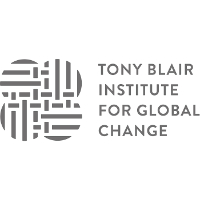
The AI policy project titled “From Toolkit to Embedded Practice: Accelerating AI Adoption in Africa through Embedded Institutional Capacity Building and Minimum Viable Skillset Development for the Public Sector”, in partnership with Tony Blair Institute for Change, is an initiative with a focus on accelerating Artificial Intelligence adoption in Africa through policy implementation. The project featured the development of an AI policy institutional capacity building framework around seven pillars: Capacity assessment, reskilling, and upskilling; Capacity co-production and co-ownership; Capacity maintenance; Capacity recognition and reward system; Capacity development partnerships; Capacity community of practice &Talent attraction management and development.

